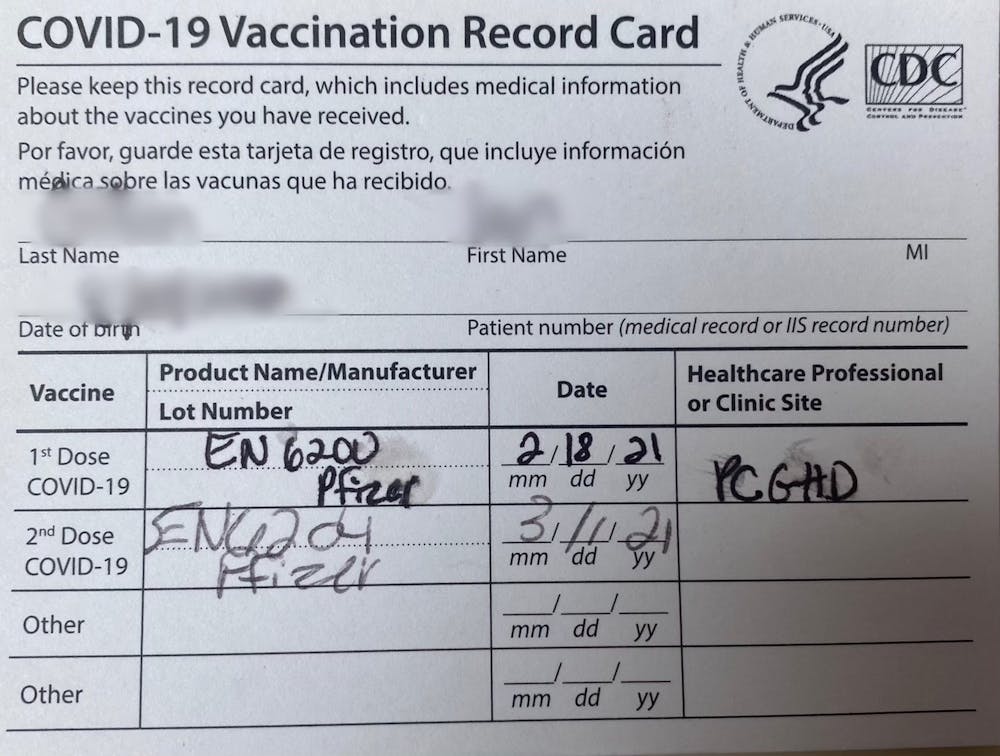Otterbein University is requiring students and staff to be fully vaccinated against COVID-19.
As of August 26, 2021, 75% of students at Otterbein are recorded as vaccinated, with the remaining 25% either unvaccinated or having not submitted their vaccination cards. This presents challenges to unvaccinated students, who are now forced to make a decision.
Quintin Power, an unvaccinated Otterbein senior said “I feel strongly about not getting the vaccine because I am a healthy 21-year-old and have an immune system that has already fought off COVID-19.”
If students remain unvaccinated, they will be unable to register for spring semester classes, a process which begins on Oct. 25. The university will allow students to request an exemption from the mandate for medical or religious reasons, but that each request would be reviewed and that acceptance would be case-by-case.
Considering that Otterbein, as well as many other businesses and health service providers, offer the vaccine for free, what reasons do unvaccinated students have for not getting the vaccine?
These statements echo the viewpoint of “my body, my choice” that was adopted by people who do not believe in the severity of COVID-19. While it is true that every human being possesses autonomy, businesses and private institutions have that same ability as well. This includes the right to deny service to individuals for reasons they deem fit.
Another common argument is that the vaccine doesn’t grant a person full immunity from the virus, meaning one can still catch it even if they’re vaccinated.
“You can contract the virus even if you are vaccinated, but you will not die from the virus since your body has built up antibodies,” said Casey Howell, a registered nurse at The James Cancer Hospital.
Getting the vaccine also affects the people around you. Children, the elderly, and people who are immunocompromised getting the vaccine should be about protecting others and not about yourself.








